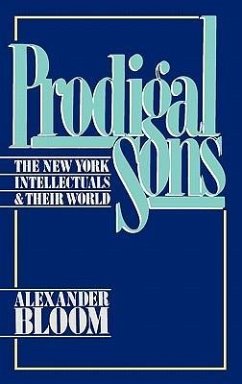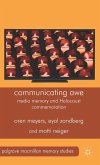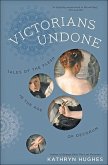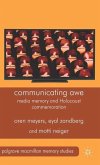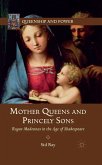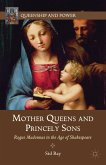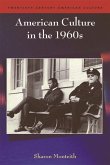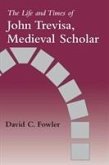"A herd of independent minds," Harold Roseberg once labelled his fellow intellectuals. They were, and are, as this book shows, a special and fascinating group, including literary critics like Lionel Trilling, Alfred Kazin, Irving Howe, Leslie Fiedler, Philip Rahv, and William Phillips; social scientists like Nathan Glazer; art critics and historians Clement Greenberg, Harold Rrosenberg, and Meyer Schapiro; novelist Saul Bellow; and political journalists Irving Kristol and Norman Podhoretz. Their story winds through nearly all of the crucial intellectual and political events of the last decades, as well as through the major academic institutions of the nation and the editorial boards of such important journals as Partisan Review, Commentary, Dissent, The Public Interest, and The New York Review of Books. So deeply entrenched in our intellectual establishment are these people that it's easy to forget that most grew up onthe edge of American society--poor, Jewish, the children of immigrants. Prodigal Sons retraces their common past, from their New York City ghetto upbringing and education at Columbia and City College through their radicalization in the '30s to their preeminence in the postwar literary and academic world. The book examines their youthful efforts to ignore their Jewish heritage and their later rediscovery of this heritage in the wake of the Holocaust. It shows how they moved toward the liberal center during the Cold War and how the group fragmented in the 1960s, when some turned toward the right, becoming key figures in the Neo-Conservative movement of the 1970s and '80s. As Bloom points out, there is no single typical New York intellectual; nor didthey share all their ideas. This book is concerned with how the community came to be formed, and what it thought important, how and why it moved and changed, and why it ultimately came undone. We learn some of the ways in which intellectuals function and justify their own p

